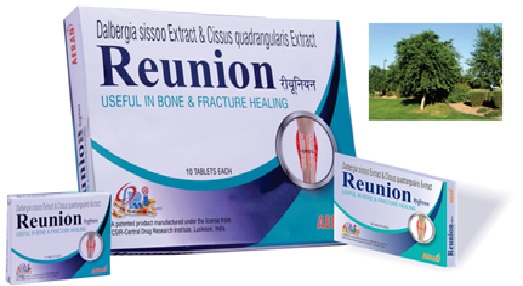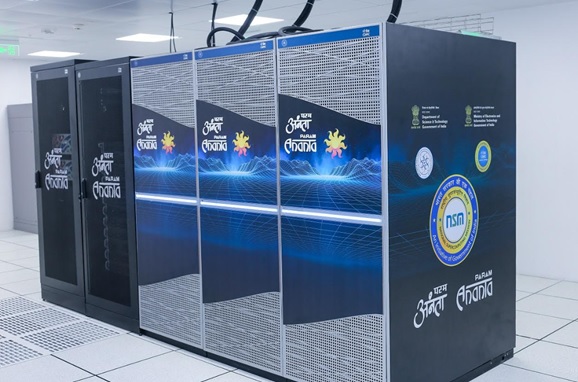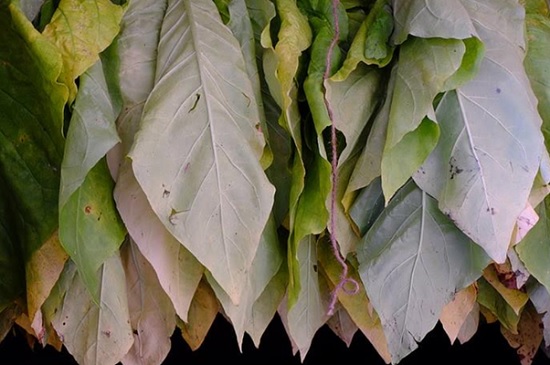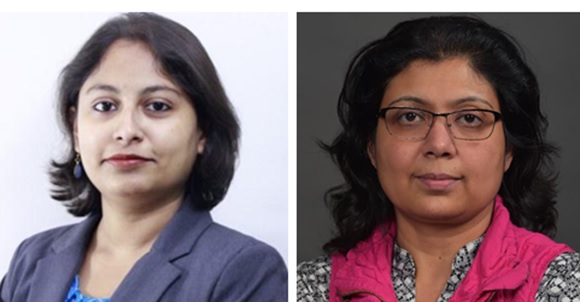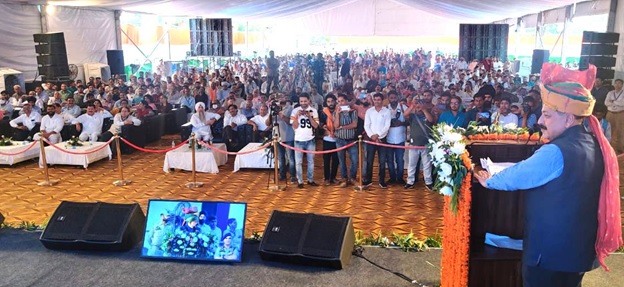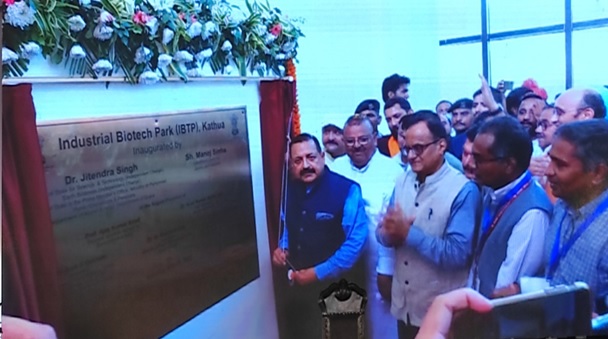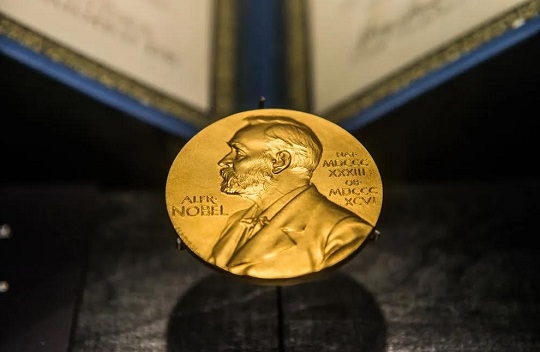
Scientist, inventor, businessman and founder of the Nobel Prizes Alfred Nobel was born on 21 October 1833 in Stockholm, Sweden. His father, an engineer and inventor, used to build bridges and buildings and experimented with different ways of blasting rocks. Alfred was most interested in literature, chemistry and physics in his childhood. However, his father was not very pleased with his interest in poetry, as he wanted him to follow in his footsteps.
He decided to send Alfred abroad to study chemical engineering. Alfred met Ascanio Sobrero, a young Italian chemist in Paris, who had invented nitroglycerine, a highly explosive liquid. He became very interested in the compound and wanted to use it in construction work. Alfred worked with his father to develop it as a commercially and technically helpful explosive. However, his experiment with nitroglycerine resulted in accidents that killed seven people, including his younger brother. The government decided to ban these experiments within the Stockholm city limits.
He decided to send Alfred abroad to study chemical engineering. Alfred met Ascanio Sobrero, a young Italian chemist in Paris, who had invented nitroglycerine, a highly explosive liquid. He became very interested in the compound and wanted to use it in construction work. Alfred worked with his father to develop it as a commercially and technically helpful explosive. However, his experiment with nitroglycerine resulted in accidents that killed seven people, including his younger brother. The government decided to ban these experiments within the Stockholm city limits.
Scientist, inventor, businessman and founder of the Nobel Prizes Alfred Nobel was born on 21 October 1833 in Stockholm, Sweden. His father, an engineer and inventor, used to build bridges and buildings and experimented with different ways of blasting rocks. Alfred was most interested in literature, chemistry and physics in his childhood. However, his father was not very pleased with his interest in poetry, as he wanted him to follow in his footsteps.

In the 1870s and 80s Nobel built a network of factories throughout Europe to manufacture dynamite, and he formed many corporations to produce and market his explosives. His invention made him hugely successful and he opened factories in 90 places. Besides explosives, Nobel made many other inventions, such as artificial silk and leather. He registered more than 350 patents in various countries.
Alfred had no family of his own. He had always been generous in humanitarian and scientific philanthropies. He wanted his fortune to be used to give prizes to those who have done their best for humanity in the field of physics, chemistry, physiology or medicine, literature and peace. He died on 10 December 1896.
The Nobel Foundation was established in 1900 “with a mission to manage Alfred Nobel's fortune and has ultimate responsibility for fulfilling the intentions of Nobel's will.” Between 1901 and 2021, the Nobel Prizes and the Sveriges Riksbank Prize in Economic Sciences were awarded 609 times to 975 people and organisations. With some receiving the Nobel Prize more than once, this makes a total of 943 individuals and 25 organisations.
The Nobel Prizes are presented to the laureates on 10 December, The Nobel Day, that marks the anniversary of Alfred Nobel’s death. This year, the Nobel Foundation has decided to invite the 2022 Nobel Prize laureates to the Nobel Week in Stockholm in December, together with the 2020 and 2021 laureates. A prize award ceremony at Konserthuset Stockholm (the Stockholm Concert Hall) and a banquet at the Stockholm City Hall are also planned. Nominations for the Prizes are a closely guarded secret and made public 50 years after the nomination.
India Science Wire
ISW/SM/Noble Prize/Eng/03/10/2022
